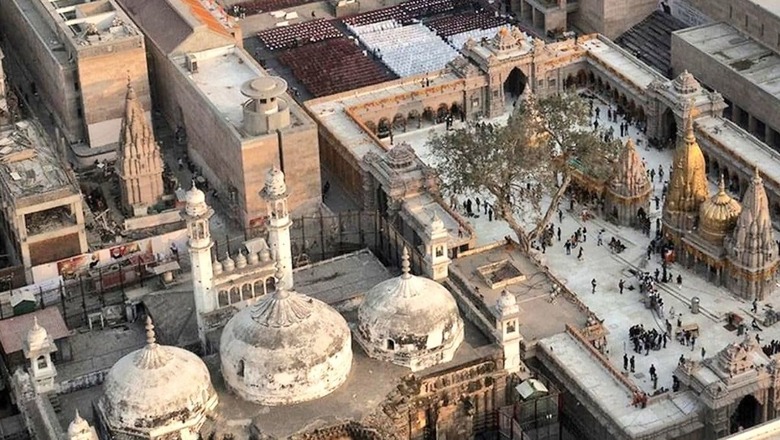
views
Supreme Court on Monday refused to halt Hindu prayers at Vyas Tehkhana in the Gyanvapi Mosque complex, situated in Uttar Pradesh’s Varanasi. However, the top court ordered status quo on the religious observances by the Hindus inside the mosque premises.
The bench, however, said that Muslims can enter mosque unhindered from the northern side to offer namaz while priests of the Kashi Vishwanath temple trust would take southern entry to perform puja in the cellar.
The apex court refused to stay the Allahabad High Court order which had upheld the Varanasi district court’s order allowing Hindus to perform prayers of deities inside the ‘Vyas Tehkhana’, southern cellar of Gyanvapi mosque.
The top court bench said bearing in mind the fact that the ‘namaz’ is offered in Gyanvapi mosque by Muslim community unhindered after the orders dated January 17 and January 31 (allowing puja inside Tehkhana) and the offering of ‘puja’ by Hindu priest is confined to the area of ‘Tehkhana’, it is appropriate to maintain status-quo so as to enable both the communities to offer worships in the above terms.
The Supreme Court has fixed the plea of the Gyanvapi mosque committee against nod for Hindu puja in the southern cellar of mosque for final disposal in July.
Notably, a district court on January 31 ruled that a Hindu priest could perform prayers before the idols in the southern cellar of the mosque. Following the court’s order, Kashi Vishwanath Temple nominated a priest to lead the prayers at Vyas Tehkhana.
Shailendra Kumar Pathak, the petitioner, stated that his maternal grandfather Somnath Vyas, who was also a priest, led prayers in the basement until December 1993. He also stated that following the demolition of Babri Masjid in Ayodhya on December 6, 1992, the puja was discontinued.
The Muslim side countered the petitioner’s claim stating that the basement was under his grandfather’s control. The petitioner further claimed that his family had control of the cellar even during the British rule.













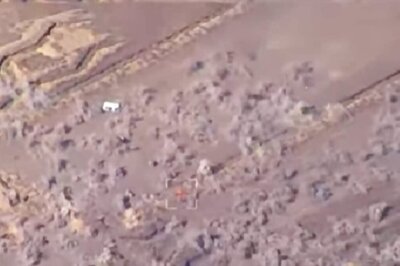
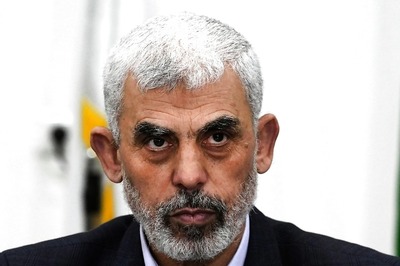

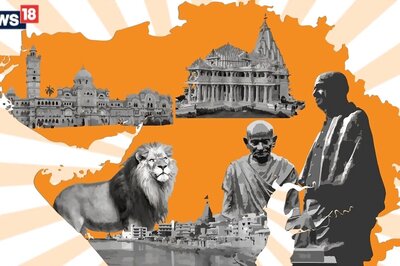
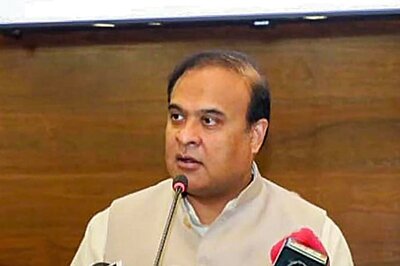

Comments
0 comment